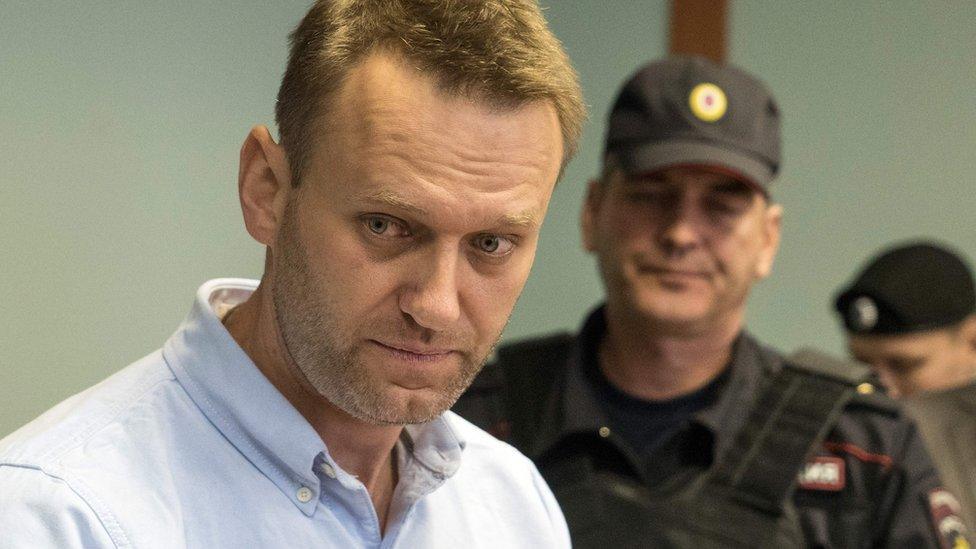Putin: Trump opponents harm US with 'invented' Russia scandal
- Published
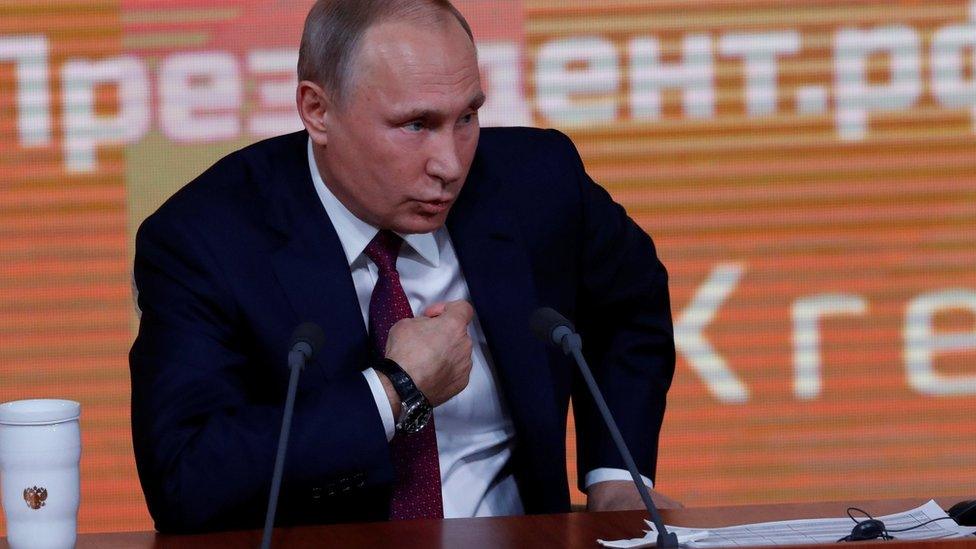
Mr Putin has been giving his marathon annual news conference in Moscow
Russia's president has accused opponents of his US counterpart Donald Trump of harming the US by "inventing stories" about contacts with Russia.
At his annual news conference, Vladimir Putin said contacts between the Trump team and Russian officials before last year's election were normal.
He said the US opposition was not treating those who elected Mr Trump with respect.
The Trump campaign is being investigated for collusion with Russia.
US intelligence agencies have concluded that Moscow tried to sway the presidential election in favour of Mr Trump, but Mr Putin denies the allegations.
"It's all invented by those in opposition to Trump to make his work seem illegitimate," Mr Putin said, when asked about the investigation.
He added that Mr Trump was responsible for some "quite serious achievements" but had not been in a position to improve relations with Russia.
He expressed hope that this would happen, adding that globally "there are many things we can do more effectively".
Also mentioned by Mr Putin:
North Korea was cited as one possible area of co-operation with the US, but he said some past actions by Washington had provoked North Korea into violating agreements, and all sides needed to calm down. North Korea's pursuit of nuclear weapons technology has led to heavy US-led sanctions against the regime
He warned that there was a risk of slaughter of pro-Russian separatists in war-torn eastern Ukraine by Ukrainian nationalists, but again denied there were any Russian troops in the region
He said that Russia and Syria could not alone cope with the refugee crisis resulting from Syria's civil war, but that it needed to be resolved
What about the election?
Earlier Mr Putin addressed the presidential elections, due to be held next year.
He has already said he will stand for a fourth term, but announced that he would stand as an independent candidate rather than from the ruling United Russia party.
What does he think about the opposition?
Asked why he had not faced any effective opponent for the presidency, he said the opposition had to come up with specific proposals to improve people's lives and had so far not done so.
"It's not up to me to nurture competitors," he said. "But... I've been thinking that our political environment must be competitive just like the economic environment.
"I hope this will happen, and the sooner the better."
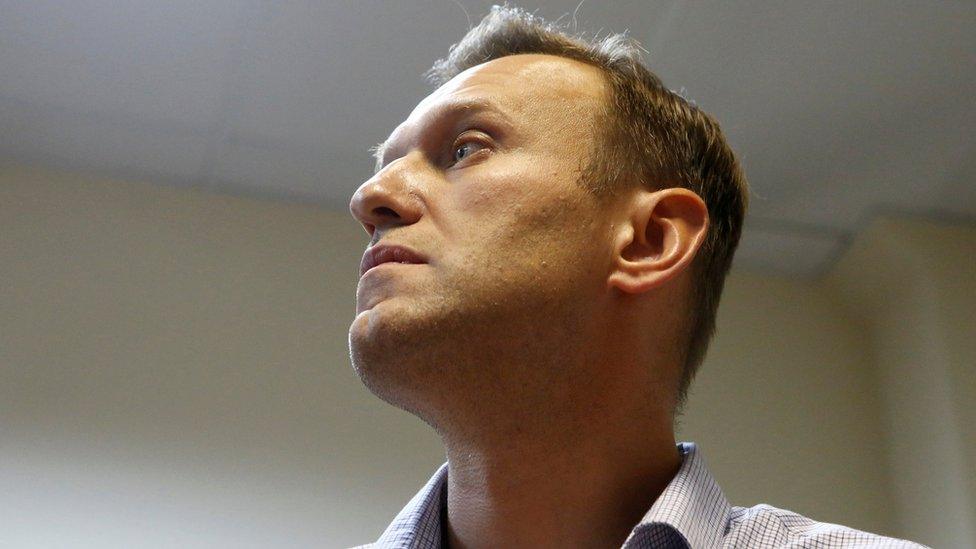
Mr Navalny says Mr Putin is trying hard not to notice him
But he said if his opponents won in the presidential election next March, it would destabilise Russia.
"Do you want attempted coups d'etat?" he asked, in response to a question about the opposition.
Mr Putin did not mention opposition leader Alexei Navalny, who is banned from standing in the elections because of a criminal conviction.
The Council of Europe has condemned the conviction as "arbitrary and unfair".
In response to Mr Putin, Mr Navalny tweeted (in Russian) a link to his recently published election programme, with the words: "You're really trying very hard not to notice this.", external
Election rival asks a question
Another opposition presidential candidate was noticed by the president, however.
Kseniya Sobchak, a celebrity and political talk show host, has announced she will be running against Mr Putin as a "referendum on trust" so that people can vote against him.
She came to the news conference as a journalist for the opposition Dozhd TV and asked Mr Putin about the repression of the opposition, including Mr Navalny, and whether the authorities were afraid of competitors.
Meet the Russian celebrity running against Putin for president
He responded by warning of rabble-rousing politicians destabilising the country, and he cited Ukraine as a country where instability was rife.
"I'm sure that the overwhelming majority of Russians don't want this," he said, adding that he was not afraid of anyone.
Mr Putin is known for his marathon performances at his news conferences, where he frequently uses hard-hitting, colourful language.
The record for a Putin news conference was set in 2008, at four hours 40 minutes.
This year's, which went on for nearly four hours, has also set a record, with 1,640 journalists said to be accredited for the event.

Putin has removed all serious rivals
Analysis: BBC's Steve Rosenberg, Moscow
There was an element of farce to the president's end-of-year media extravaganza.
Reporters shouted from their seats and waved signs to attract his attention and ask him a question.
One man who asked Mr Putin about fish admitted half way through his question that he wasn't a reporter at all, but the head of a fish processing factory who had lied to get in.
At one point, Mr Putin pointed to a sign he thought read Bye Bye Putin. Instead it read Grandfather Putin in the Tatar language.
Russia isn't likely to be saying bye bye to its president any time soon. Mr Putin will run for re-election next March and is expected to win. The system of power he has built in Russia - often referred to as "managed democracy" - has managed to remove all serious rivals
There will be other challengers, among them the liberal TV personality Kseniya Sobchak, who was at the conference. In the increasingly farcical world of Russian politics, Ms Sobchak is widely viewed as a spoiler candidate, hired by the Kremlin to boost the legitimacy of the election and to split the opposition vote.

Vladimir Putin: From spy to president
Born 7 October 1952 in Leningrad (now St Petersburg)
Studies law and joins KGB after university
Serves as a spy in communist East Germany - some ex-KGB comrades later get top state posts in Putin era
1990s - top aide to St Petersburg mayor Anatoly Sobchak, who had previously taught him law
Enters Boris Yeltsin's Kremlin in 1997, made chief of Federal Security Service (the FSB - main successor of the KGB), then prime minister
New Year's Eve, 1999 - Yeltsin quits and names him acting president
Easily wins presidential election in March 2000
Wins a second term in 2004
Is barred from running for a third successive term by the Russian constitution, but instead becomes prime minister
Wins a third presidential term in 2012
- Published14 September 2018
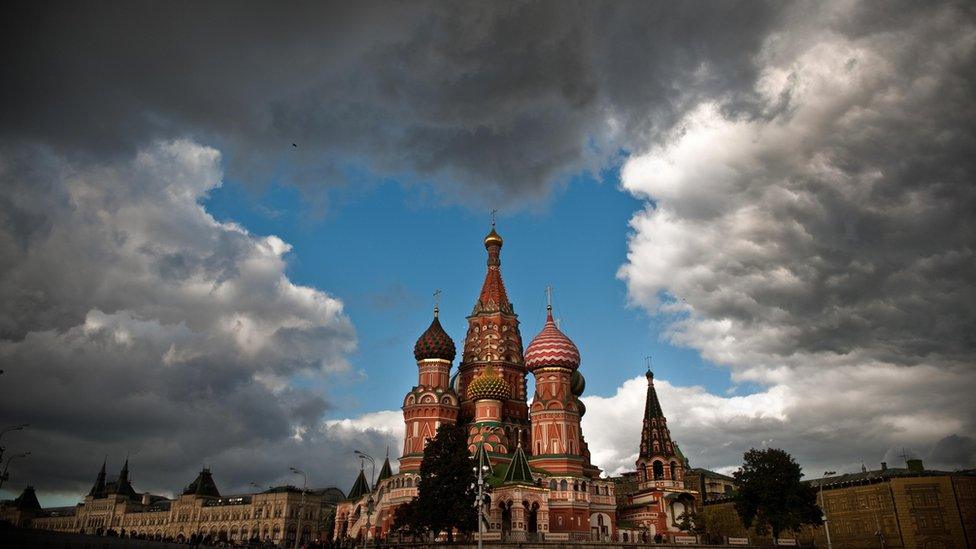
- Published6 December 2017
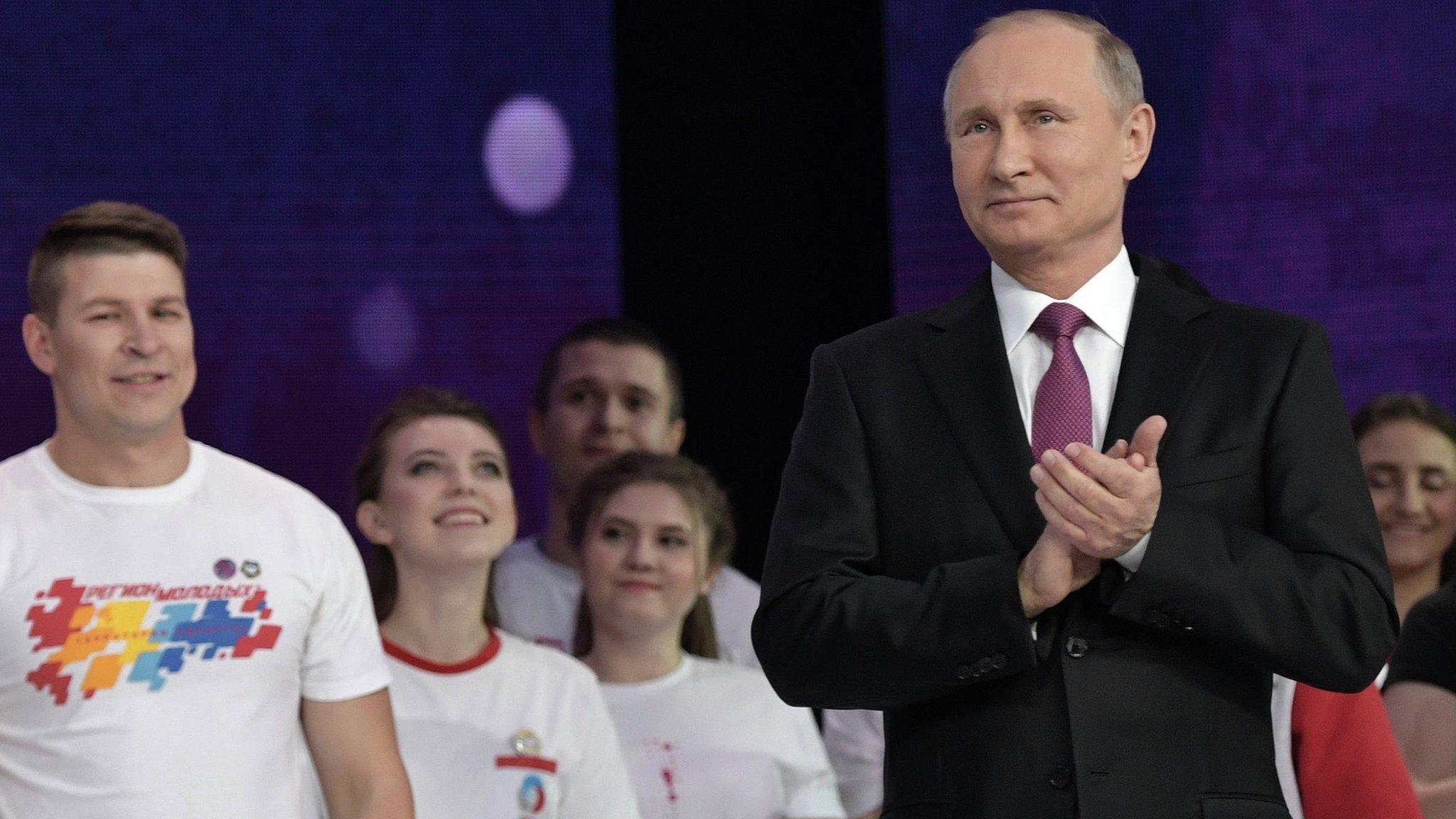
- Published17 March 2024
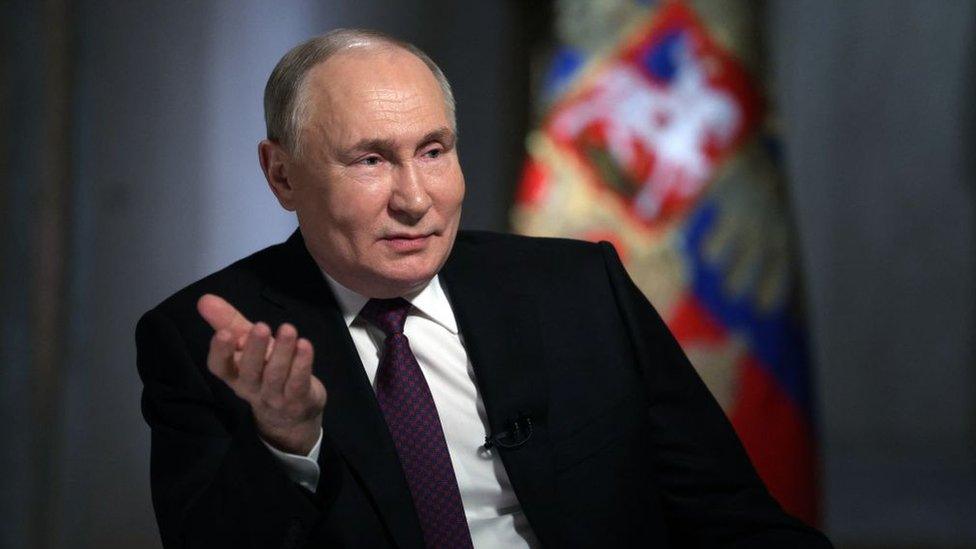
- Published12 October 2017
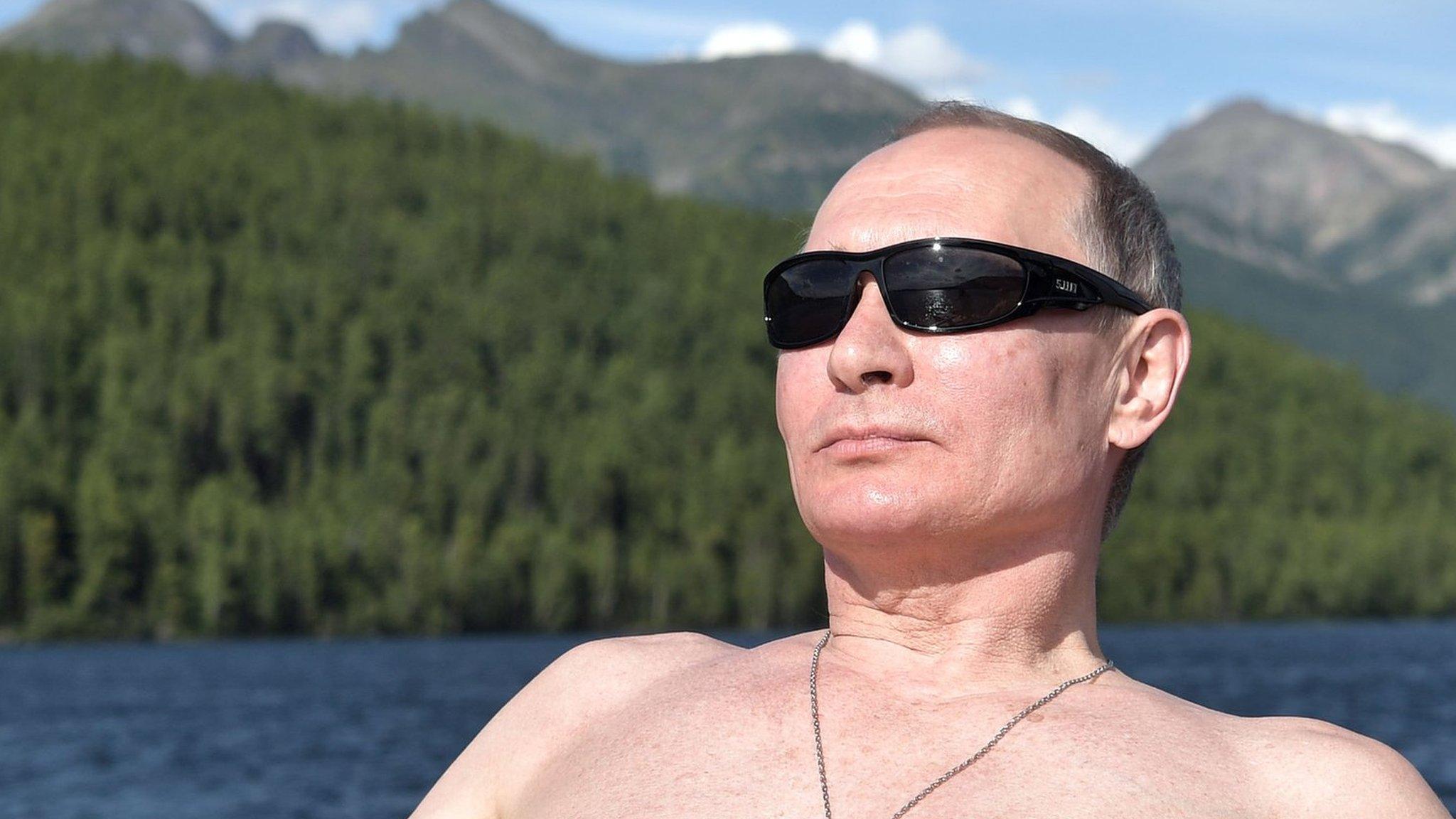
- Published4 December 2017
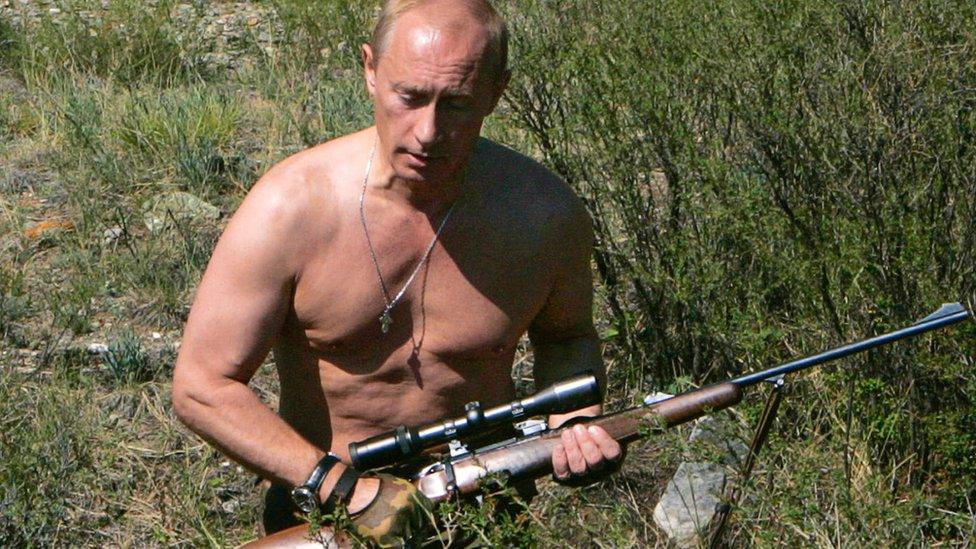
- Published28 November 2017
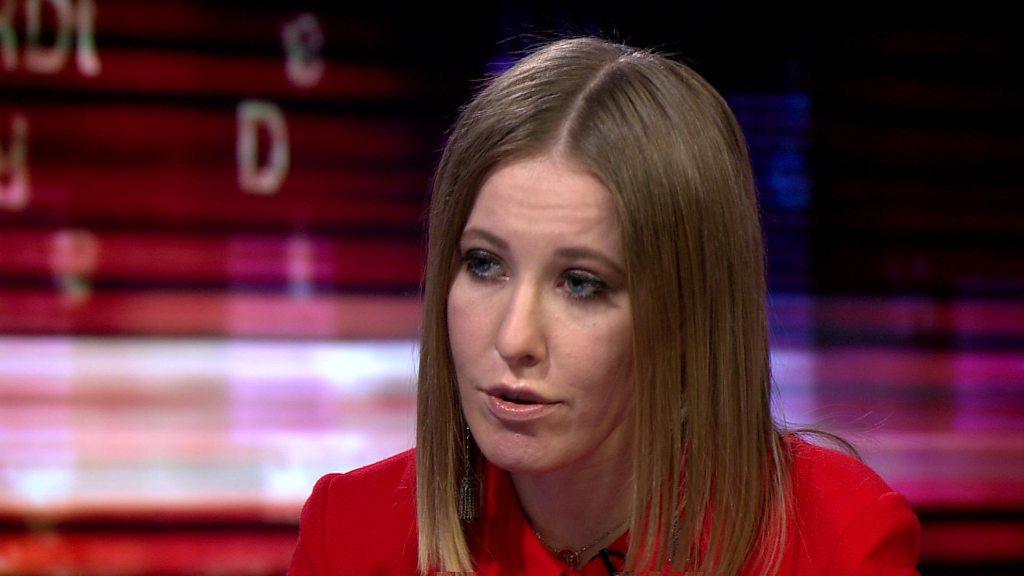
- Published23 June 2017
